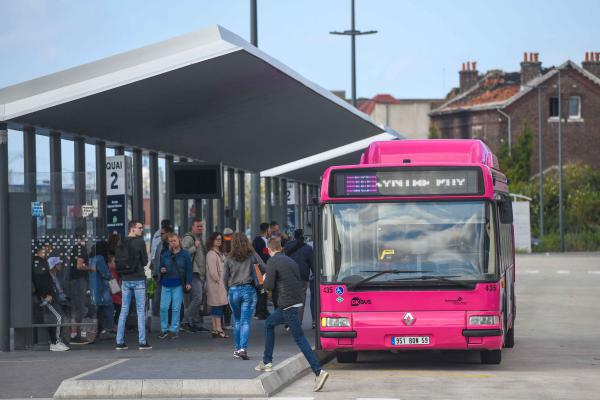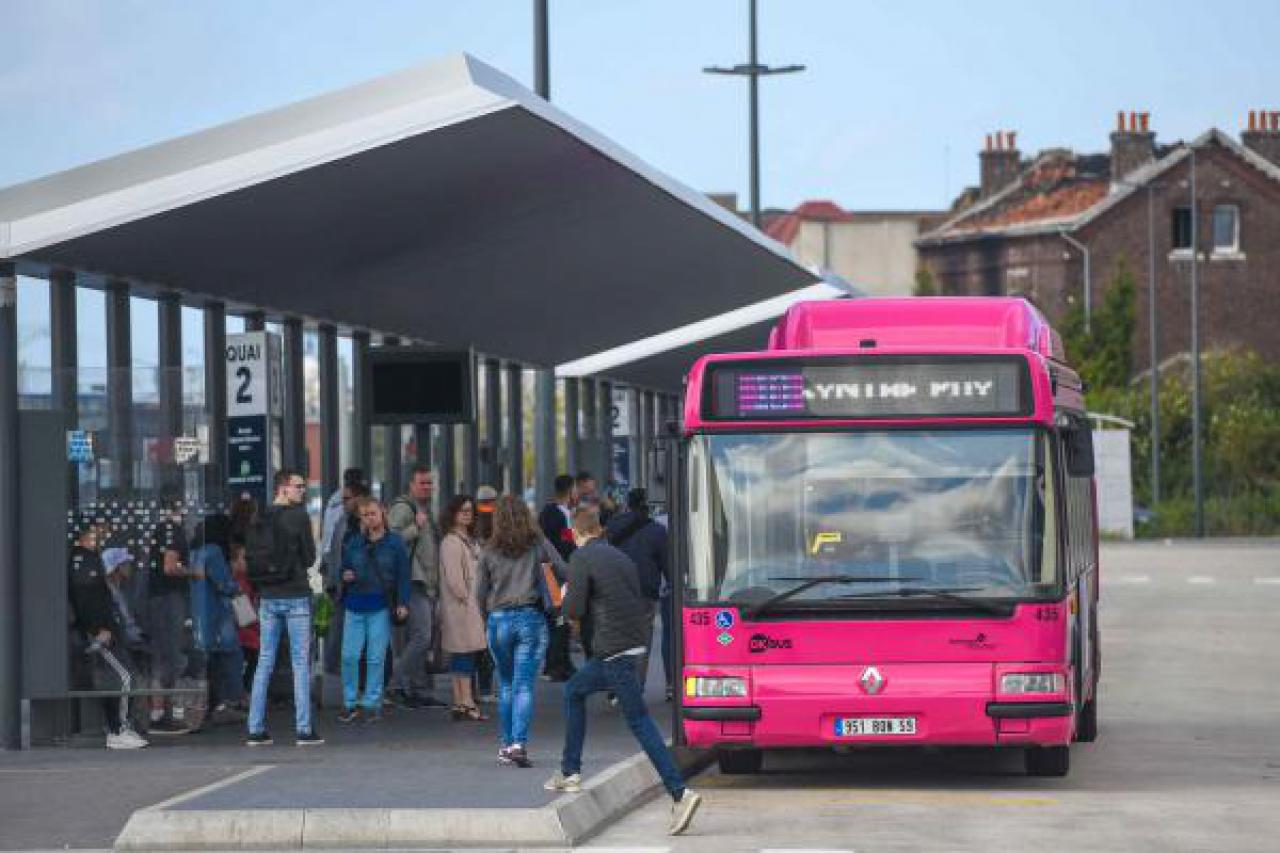Dunkirk: effects of partially free-of-charge access - March 2017

No scientific study of a "qualitative" nature had ever been conducted in France to measure the real impacts of a policy of fare-free public transport. Requested by the Flanders-Dunkirk Urban Planning Agency (AGUR), the VIGS association of researchers conducted the first study of its kind in Dunkirk over a period of seven months.
Before becoming entirely free of charge, partially free access was tested first – only on weekends and public holidays – for three years (September 2015 to September 2018) by the 200 000 residents of the 17 municipalities belonging to the urban authority of Dunkirk. It is the effects of this partially free-of-charge transport that the VIGS has studied.
Summary
"The first elements of the survey conducted in Dunkirk on the impact of free-of-charge weekends tend to deconstruct certain ideas widely shared by urban transport stakeholders. First, incivility on buses has not increased in Dunkirk. There has even been a decrease in acts of vandalism during weekends despite the increase in use: a larger number of travelers could have mechanically caused an increase in wear and tear.
Secondly, and although it will be necessary to have more hindsight to evaluate these data in the long term, free access does not appear to pose a significant financial risk for the CUD: commercial revenue covered only 12% of the operating expenses – amounting to 4.5 million euros. The assumption of this loss of income is above all a political choice in terms of the allocation of the public resources of the CUD and does not amount to jeopardizing local finances. In other words, free access is made possible by the transfer of public funds taken from citizens or from the budget of the community: it is therefore the result of a political will to invest in public transport. In the case of Dunkirk, free access is technically and financially feasible for an agglomeration of 200 000 residents, undermining the hypothesis that this measure would only be applicable to medium-sized city networks.
Finally, the appeal of Dunkirk’s city center appears to be strengthened by this initiative: many respondents claim to make more use of the commercial and recreational amenities of the city center during the weekend because of the free service. The decision to abandon the car in favor of taking the bus for free makes it possible to stroll through the streets without any trepidation regarding the time constraints associated with parking one’s car.”
